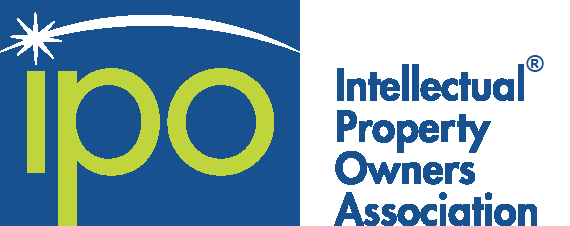The volume of patent litigation in U.S. district courts is in a slump, but litigators who practice at the U.S. International Trade Commission remain busy. The institution of IP cases at the ITC rose last year to a five-year high, and is on an even faster pace so far this year.
Our panelists — an in-house counsel who manages ITC litigation for a technology company and two veteran ITC litigators at law firms — will examine the latest on a number of important issues relating to ITC practice:
- Brushing off the PTAB: The ITC has been less willing than U.S. district courts to stay cases pending AIA proceedings. But recently the Commission has made clear it will show little deference even to a PTAB Final Written Decision (FWD). For instance, in Certain Network Devices, Related Software and Components Thereof (II), Inv. No. 337-TA-945, that pitted complainant Cisco against respondent Arista Networks, the ITC denied Arista’s request to suspend or rescind a limited exclusion order (LEO) and a cease and desist order (CDO) pending appeal of recent PTAB FWDs finding all claims of the Cisco’s asserted patents unpatentable. The ITC’s ban on imports until the Federal Circuit rules increases the leverage of ITC complainants considerably.
- The latest on “domestic industry”: In a recent decision, an ITC judge found that investments by the patent holder’s licensee can satisfy the domestic industry requirement, a new wrinkle on the Commission’s view that a non-practicing entity can base its domestic industry requirement argument on its own licensing activity.
- Expensive hassles for third parties: The wider definition of domestic industry makes it easier for a company that settled with an NPE to be dragged into a suit against a different respondent. Third parties also face time-consuming subpoenas.
- The 100-day Pilot Program: A respondent has used it to get a quick decision on section 101 patent eligibility.
Speakers:
- G. Brian Busey, Morrison & Foerster LLP
- Blaney Harper, Jones Day
- Lauren Hoffer, Dell Technologies

